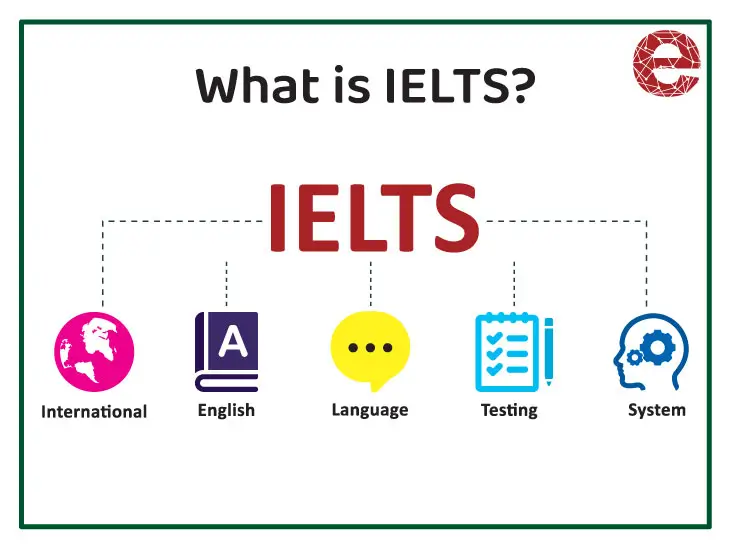Ielts Test, The IELTS test, also known as the International English Language Testing System, is one of the most widely recognized English language proficiency exams in the world. It is designed to assess the language ability of candidates who need to study or work in environments where English is the primary language of communication.
What Is the IELTS Test?
The IELTS test evaluates your ability to listen, read, write, and speak in English. It is jointly managed by the British Council, IDP: IELTS Australia, and Cambridge Assessment English. The test is accepted by over 11,000 organizations worldwide, including universities, employers, immigration authorities, and professional bodies.
Types of IELTS Tests
There are two main versions of the IELTS test:
- IELTS Academic: For those applying for higher education or professional registration.
- IELTS General Training: For those migrating to an English-speaking country (such as Australia, Canada, or the UK) or applying for training programs and work experience.
IELTS Test Format
The IELTS test consists of four sections:
- Listening (30 minutes): You will listen to four recordings and answer questions that test your understanding.
- Reading (60 minutes): This section contains different reading passages with a variety of question types.
- Writing (60 minutes): You are required to complete two writing tasks. Academic test-takers write a report and an essay, while General Training test-takers write a letter and an essay.
- Speaking (11–14 minutes): A face-to-face interview with an examiner, involving general questions, a short speech, and a discussion.
IELTS Scoring System
Each section of the IELTS test is scored on a band scale from 1 to 9. The overall band score is the average of the four sections. A score of 6.5 to 7.5 is typically considered a good result for academic and immigration purposes.
Why Take the IELTS Test?
- Global Recognition: The IELTS test is accepted by institutions and governments in many countries.
- Reliable Assessment: The test accurately evaluates all four language skills.
- Career and Education Opportunities: A high IELTS score can open doors to studying abroad, working in multinational companies, or immigrating to English-speaking countries.
Tips for IELTS Test Preparation
- Practice regularly: Familiarize yourself with the test format through sample papers and practice tests.
- Improve your vocabulary: Use English in everyday contexts to build a stronger command of the language.
- Take a preparation course: Consider enrolling in an IELTS preparation course for guided learning and feedback.
- Use official materials: Study with materials provided by the British Council, IDP, or Cambridge for accurate content.
Conclusion
Whether you’re aiming to study abroad, immigrate, or advance your career, the IELTS test is a crucial step in achieving your goals. With thorough preparation and a clear understanding of the test format, you can approach the IELTS with confidence and earn the score you need for success.
You Might Also Like These:

